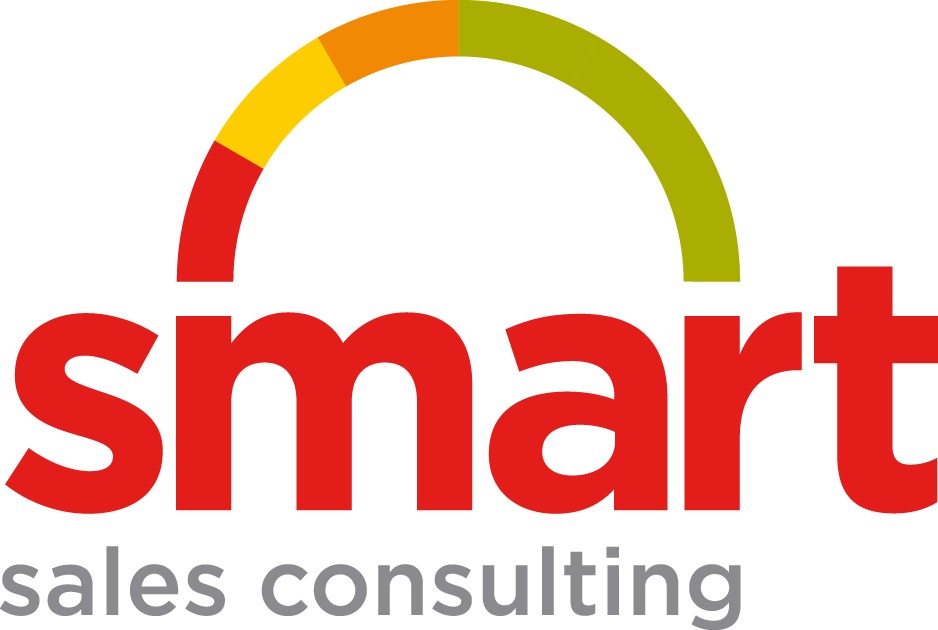Starbucks Closes For Unconscious Bias Training
Sales coaching in the UK could start to include unconscious bias training, as coffee-giant Starbucks sets the trend.
The coffee chain made headlines when it closed all of it is stores across the US for half a day so that its staff could take part in unconscious bias training, following a well-publicised incident.
The moment that triggered the whole incident involved two black men being arrested at a Starbucks store in April, while they waited for a friend to buy coffee. The resulting court case saw the men accept a $1 settlement and an agreement that Starbucks would fund a public-school programme for the city.
The two men are also being given the opportunity to complete their degrees for free through a partnership with Arizona State University.
And of course, there has also been the infamous training of all Starbucks staff which took place on 29 May, and saw 8,000 coffee shops close on a Tuesday afternoon in order for the training to take place.
Staff took part in the training, which was the same taken by executives at Starbucks earlier that week. Executives were keen to drill home that the issues they were talking about were unconscious, not intentional, and that improvements could be made by staff working a little more mindfully. They described the training as an “important first step” but not a “solution”.
Howard Schultz, chairman of Starbucks said his training made him consider how he could be a better citizen: “Trying to, as a white person, fully understand as much as possible the fact that a person of colour never quite feels comfortable in a public space in America, and hearing it from them, because it’s not something we think about, how can we be better people?
“How can we be better citizens? What else can we do to try and advance a feeling of equality in the country?”
The organisation has made it clear that the training took the form of all staff working in teams using a toolkit developed specifically for the training event. This has been developed to move away from a lecture-style format.
The first training looked at understanding racial bias and the history of public accommodations in the United States, with future training sessions addressing all aspects of bias and experiences.
It is understood this training event will be the first of many that will address other areas that could be affected by unconscious bias such as gender identity, class, language, citizenship, political views and other personal identifiers. The organisation will share its training materials with partners so they too can use the training to help their workforce deal with these issues.
Stephanie Creary, an identity and diversity expert at the University of Pennsylvania’s Wharton School told The Washington Post that the training needed to be quite specific about how people can make sure that their unconscious biases affect their work, to prevent people becoming confused about how they could use this training in the future in their day to day working lives.

